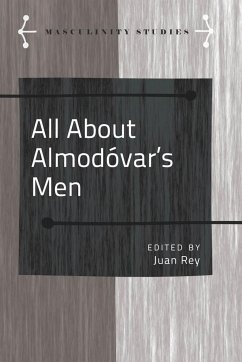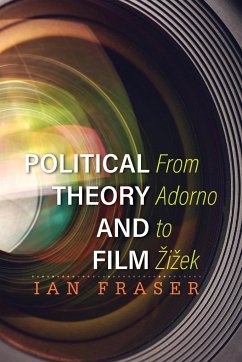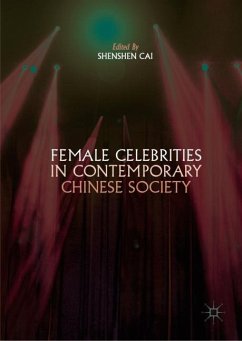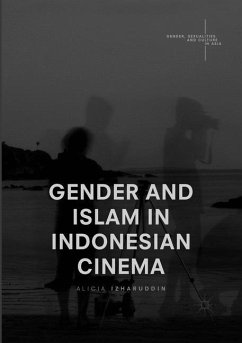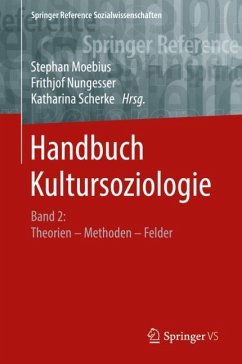
The Ethics of Witness
Dailiness and History in Hou Hsiao-hsien's Films
Versandkostenfrei!
Versandfertig in 6-10 Tagen
38,99 €
inkl. MwSt.
Weitere Ausgaben:

PAYBACK Punkte
19 °P sammeln!
This book explores the aesthetic and ethical ways in which history and daily life are filmically represented and witnessed in Taiwanese director Hou Hsiao-hsien's movies. From the era of the Japanese Occupation to the White Horror and then to the lifting of martial law, the author shows how Hou Hsiao-hsien uses visual media to evoke the rhythms of daily life through the emotional memory of the characters and communities he explores. In particular, the book focuses on the ways in which Hou Hsiao-hsien seeks to reflect the strong dilemmas of identity and the traumatic emotions associated with wi...
This book explores the aesthetic and ethical ways in which history and daily life are filmically represented and witnessed in Taiwanese director Hou Hsiao-hsien's movies. From the era of the Japanese Occupation to the White Horror and then to the lifting of martial law, the author shows how Hou Hsiao-hsien uses visual media to evoke the rhythms of daily life through the emotional memory of the characters and communities he explores. In particular, the book focuses on the ways in which Hou Hsiao-hsien seeks to reflect the strong dilemmas of identity and the traumatic emotions associated with witnessing history. Taking an interdisciplinary approach, it investigates the concepts of daily life, representation and historical trauma in order to focus on how these films represent history and political trauma through the nature of daily life and personal memories, and the resulting historical responsibility and ethics. This is the first academic monography about Hou Hsiao-hsien's films.








